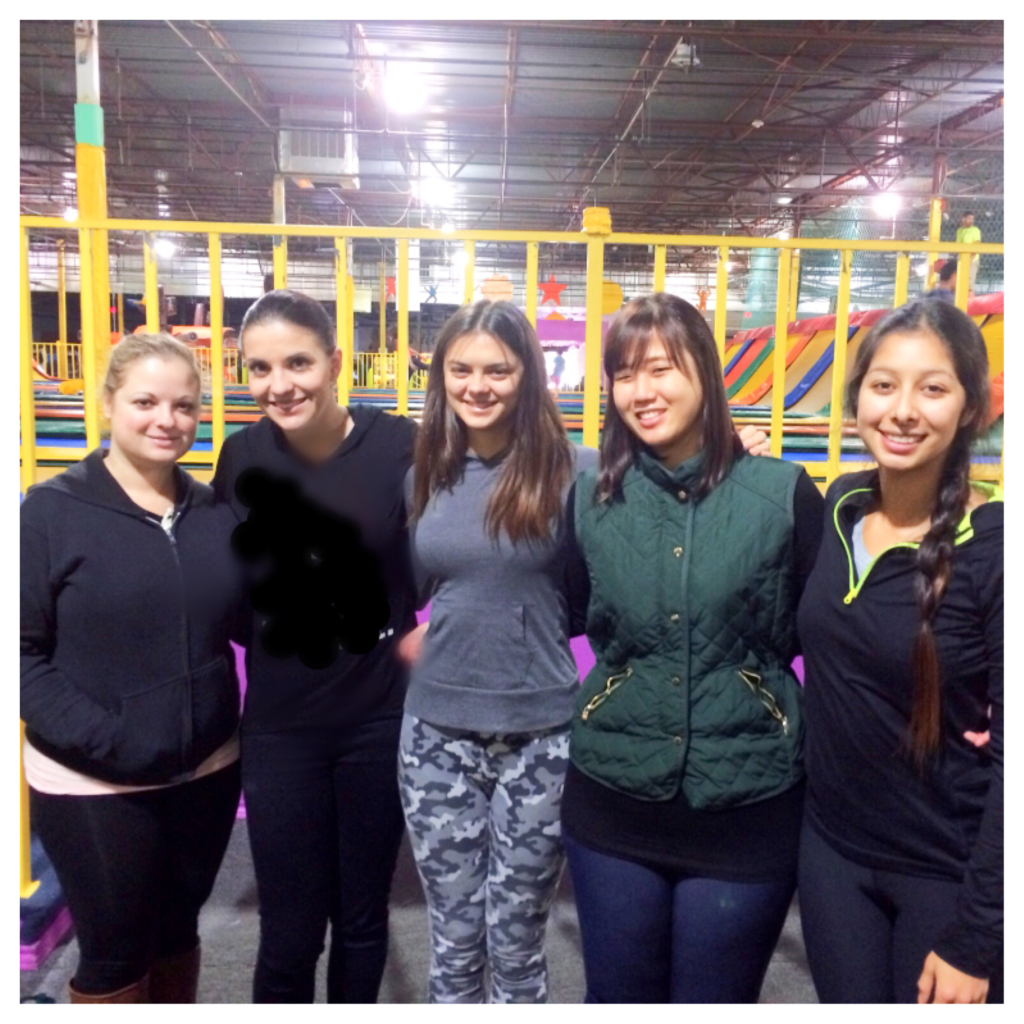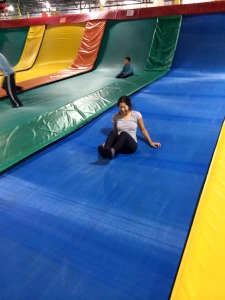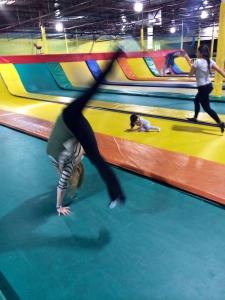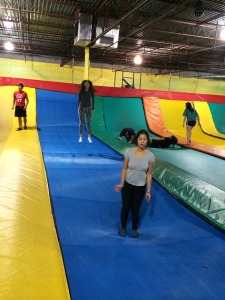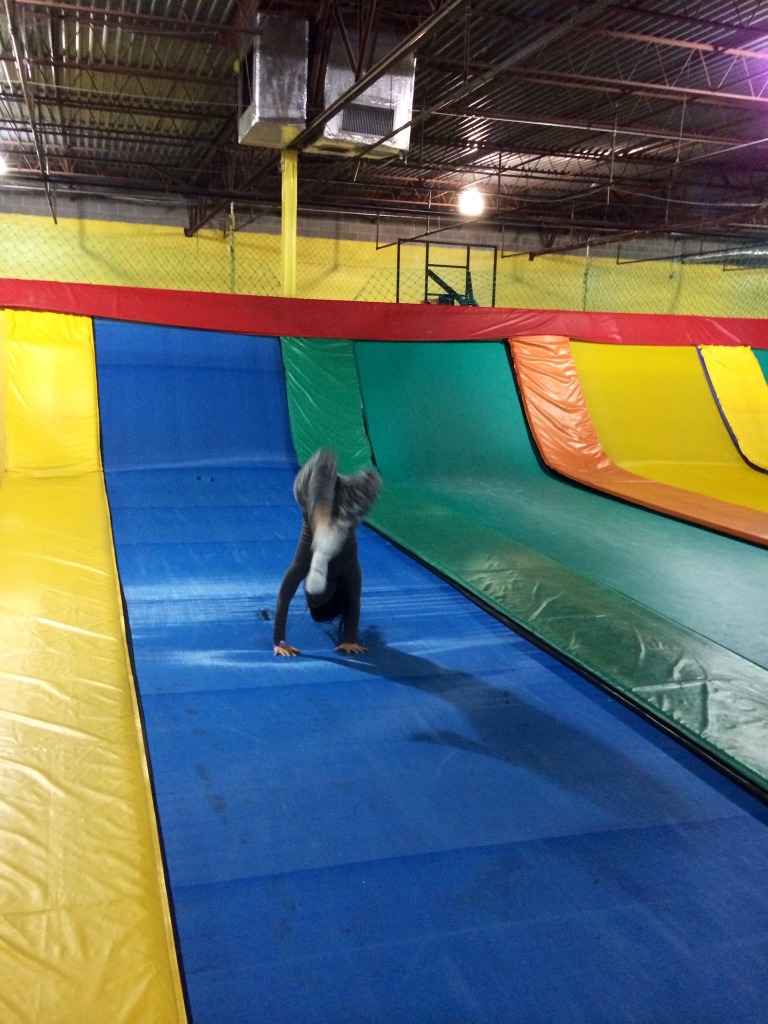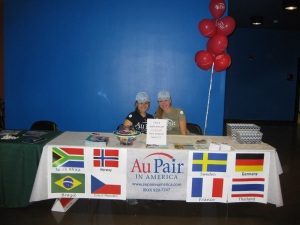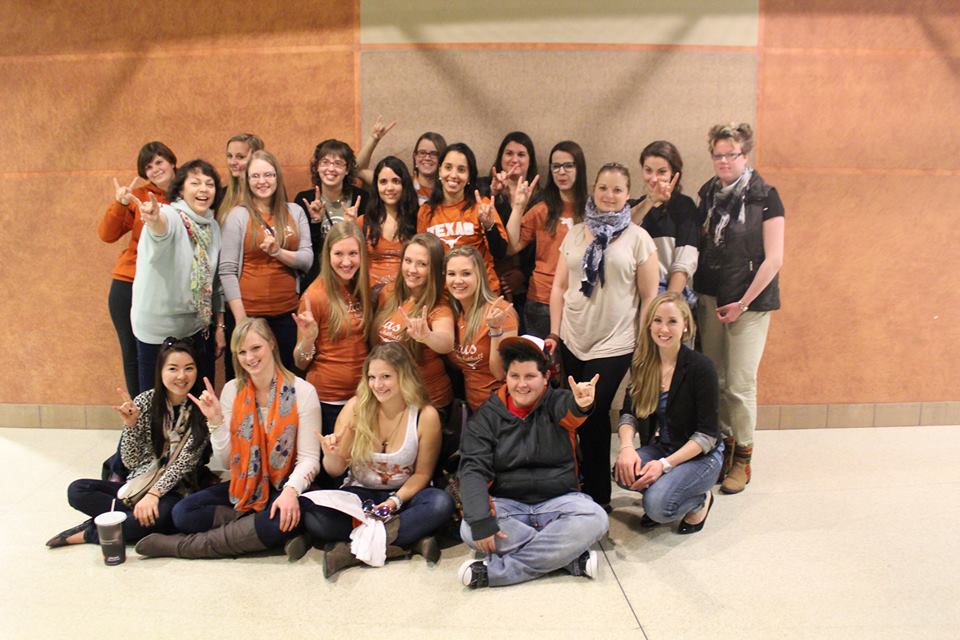Such a great article, Melinda Brooks! About peace, love, understanding, and child care (The Boston Globe). This is why we do what we do!
Helping au pairs feel right at home in US

As a counselor, Melinda Brooks helps au pairs from around the world adapt to life in America.
The first few weeks can be difficult for au pairs who have never been to the United States. But thanks to Melinda Brooks and other Au Pair in America counselors, the newly arrived guest workers often quickly feel at home with host families
“For many families, the live-in component is the best part of having an au pair — it’s truly a global experience and everyone involved learns about new cultures and customs,” said Brooks, who heads up a New England team of Au Pair in America community counselors.
Au pairs go through a four-day orientation, including safety and child development training. What’s one of the unusual aspects of the training?
It’s the little things, like not knowing how to fold a stroller or operate a microwave, that can be very bewildering. For example, a typical American family has a lot more stuff, not just toys, but infant equipment, like strollers, bouncy seats, and more. So we have all this equipment in a big room to introduce them to the gear.
Which countries do most of the au pairs come from?
We have about 500 host families in New England and recruit from over 50 countries. The families in our area tend to gravitate toward Germany, France, UK, South Africa, Thailand, Brazil, and Sweden.
What stereotypes do au pairs have about Americans?
Americans only eat junk food. All Americans are workaholics. All Americans are overweight. Of course, they quickly realize these are oversimplified images and often far from the truth.
If an au pair will do a lot of driving, are there assumptions you can make about their driving based on their home countries?
Typically Western Europeans tend to be good drivers, because they’re behind the wheel a lot. But in places like Peru, Bolivia, China, Slovenia, Croatia, most people don’t drive frequently. Massachusetts requires them to take driving lessons and get their licenses here.
What’s a typical conflict between au pair and host family?
Often it’s personality or lifestyle issues. They might want the kids out every day to kick the soccer ball, but the au pair might be sleeping in or staying up late. That’s where I come in, to help explain expectations and work through misunderstandings.
What’s your “happily ever after” au pair story?
I have a family in Lexington. The kids are older, so they just said good-bye to their last au pair. When their youngest son made his bar mitzvah recently, 12 au pairs came back to the States to be there. They flew in from all over the world — Germany, Lithuania, South Africa. It’s a testament to cultural harmony that we don’t often see today.
http://www.bostonglobe.com/business/2014/01/26/peace-love-understanding-and-child-care/RJSI55wXk83Im1UJ3CRAXJ/story.html
